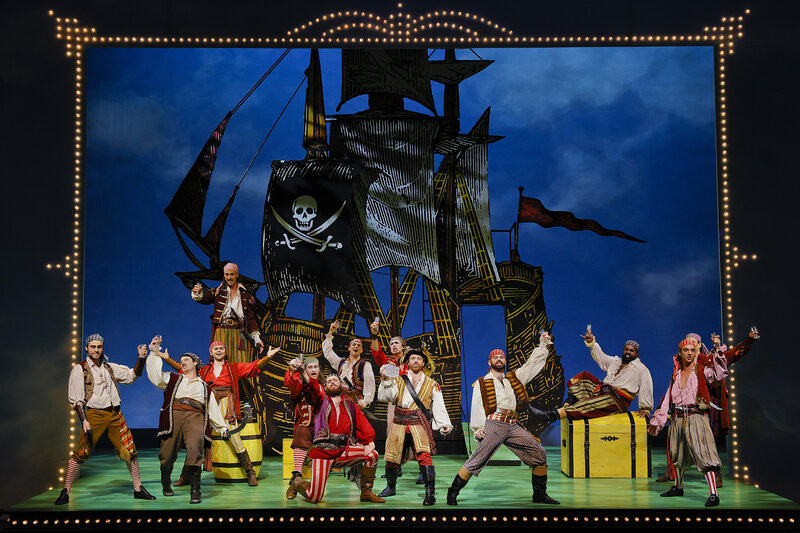Comic Russell Brand has always enjoyed a bit of social activism. Now he teams up with prolific director Michael Winterbottom (The Trip) for this polemic on the evils of corporate greed and the growing disparity between the rich and the poor in the modern world. The rich keep getting richer while the poor continue to struggle.
Brand delivers a lot of information about the greed of the heads of major banks and their outrageous salaries. The major banks that were bailed out with taxpayer money following the crash of 2008 have made no effort to repay any of the money, and their CEOs continue to pay themselves multi-million dollar salaries and bonuses. We learn how Apple, one of the world’s richest companies, only pays the labourers in its Chinese factories a paltry $2 an hour, while in England they have established elaborate tax shelter schemes to avoid paying taxes. Likewise, coffee shop giant Starbucks also avoids paying taxes.
 The Emperor’s New Clothes takes its title from the Hans Christian Andersen fable about some tailors who cheated a vain king. It serves up some thought provoking information, and tries to put the history of the free market economics into perspective. But unfortunately Brand’s documentary is a bit late to the party as we have already learned much of this information from the films of Michael Moore and Charles Ferguson’s Oscar winning documentary Inside Job. Brand is only telling us what we already know. One percent of the world owns 99% of the world’s wealth, this millionaire entertainer informs us, without even a hint of irony. Corporate greed and self-interest is leading us on the road to self destruction.
The Emperor’s New Clothes takes its title from the Hans Christian Andersen fable about some tailors who cheated a vain king. It serves up some thought provoking information, and tries to put the history of the free market economics into perspective. But unfortunately Brand’s documentary is a bit late to the party as we have already learned much of this information from the films of Michael Moore and Charles Ferguson’s Oscar winning documentary Inside Job. Brand is only telling us what we already know. One percent of the world owns 99% of the world’s wealth, this millionaire entertainer informs us, without even a hint of irony. Corporate greed and self-interest is leading us on the road to self destruction.
Brand also revisits his hometown of Grays, in Essex, to look at how the global financial crisis has impacted on the small village, and he presents a depressing picture of a depressed community that has lost its sense of identity. He compares Grays, which he admits has always been something of a dump, to the glittering glass and concrete jungle of London.
There are a few eye catching stunts, such as driving a prominent billboard through the crowded streets of London’s financial district, that are more Morgan Spurlock than Michael Moore in style. Brand’s attempts to talk to some of the heads of investments banks lead nowhere as his subjects refuse to be interviewed. We get lots of footage of Brand hanging around the lobbies of banks hassling staff and security guards.
There’s no doubting the passion that Brand brings to his delivery, but the rapid fire delivery of lots of facts and figures is overwhelming, and before audiences have had time to digest and absorb the information he had moved onto another topic with the energy of a hyperactive child who has lost his Ritalin medication.
Brand uses his trademark sharp wit and self-deprecating humour to deliver the information, tempering the succession of hard facts. And although Brand spends a great deal of time telling us what is wrong with the world he gives us precious little information on how to fix it. He is mainly preaching to the converted with his cry for people power to try and make a difference.
But the biggest problem here is that the film is dealing with important information that needs to be disseminated to a wider audience. So what are the producers doing? They release it through a limited number of art house cinemas, where customers have to pay $20 to see the film. If the matter is so important, why not just release it via Youtube or the Internet, free of charge, so everyone can access it immediately? Or is this a case of the producers wanting their cake and eating it too?
Director: Michael Winterbottom
Cast: Russell Brand
Release Date: 11 June 2015
Rating: M
Greg King

David Edwards is the former editor of The Blurb and a contributor on film and television




